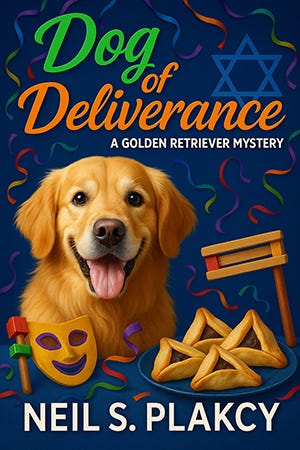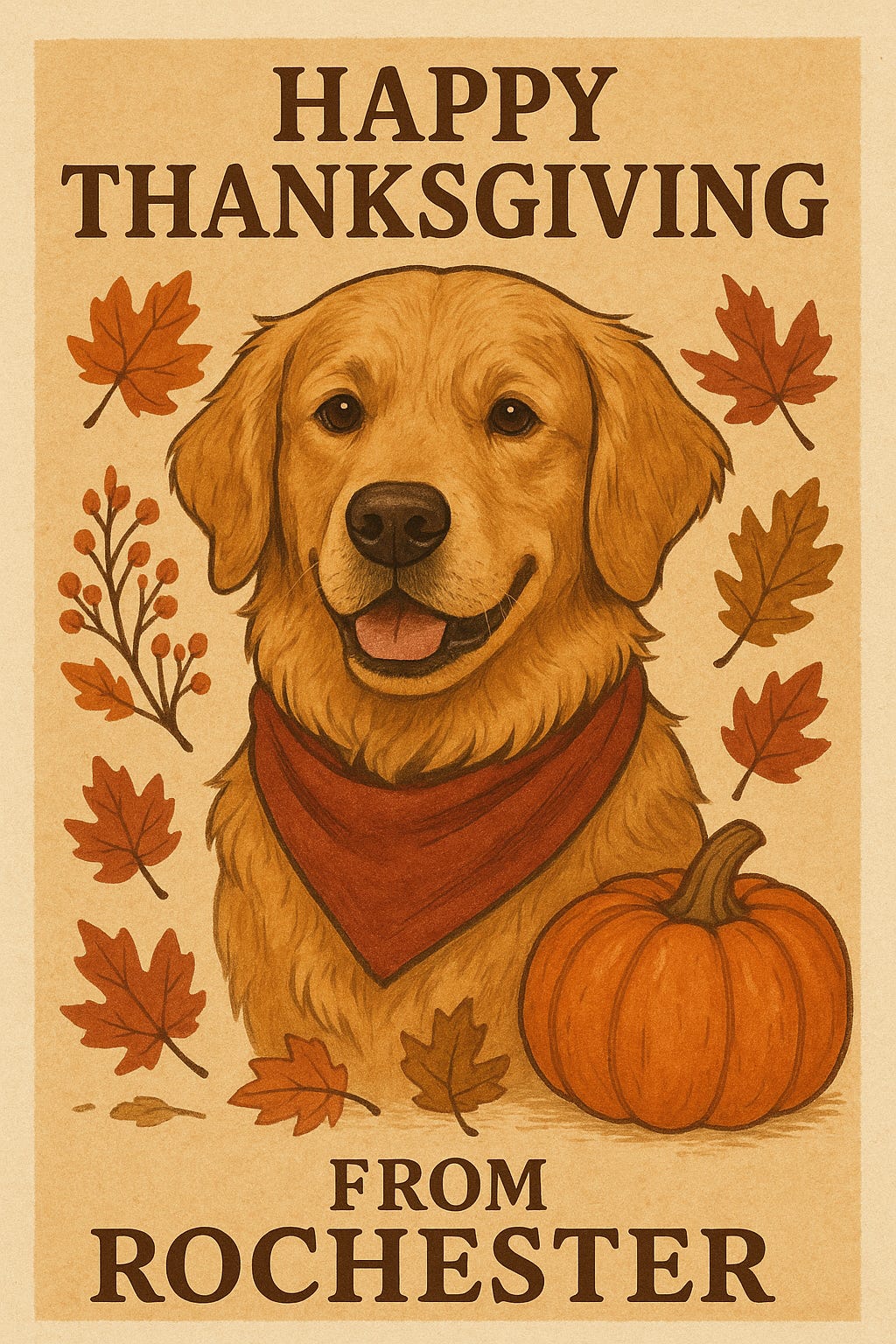When I set out to write Dog's Kitchen, I had no idea how many other cozy mysteries used reality television shows as a background. It makes sense, though, especially if you've ever seen any of those Housewives shows, which get pretty dangerous!
1. Dog’s Kitchen (Neil S. Plakcy)
When an academic food expert becomes the assistant producer on Dog’s Kitchen, a canine–human cooking competition, she must navigate diva dogfluencers and sabotaged dishes to uncover who's trying to take down the show. https://amzn.to/48EbFwE
2. One Foot in the Grove (Kelly Lane — Olive Grove Mysteries)
When a reality TV cooking show comes to town to film a
chef’s olive-oil challenge, a production assistant is murdered and local olive
grove owner Eva must solve the case. https://amzn.to/4iPCOBL
3. Murder on the Silver Screen (Margaret Dumas —
Movie Palace Mysteries)
A film crew shooting a retro-style reality pilot in a
historic movie palace becomes entangled in a murder that the ghostly resident
of the theater urges the heroine to solve. https://amzn.to/4oKS04t
4. Shot Through the Hearth (Kate Carlisle —
Fixer-Upper Mysteries)
A home-improvement reality show filming at a local eco-fair
is thrown into chaos when a sponsor is killed and contractor Shannon Hammer
investigates behind the scenes. https://amzn.to/4oPzEzc
5. Lights! Camera! Puzzles! (Parnell Hall — Puzzle
Lady Mysteries)
The Puzzle Lady joins the cast of a reality courtroom show,
only for a real murder to occur on set, forcing her to puzzle out the truth. https://amzn.to/4rQfTdB
6. Death of a Kitchen Diva (Lee Hollis — Hayley
Powell Food & Cocktails Mysteries)
A TV cooking segment meant to launch food columnist Hayley
Powell's on-camera career ends in disaster when a rival is poisoned with her
recipe. https://amzn.to/4psjTiN
7. Tressed to Kill (Lila Dare — Southern Beauty
Shop Mysteries)
A beauty-pageant-style makeover reality show filming in the
salon takes a sharp turn when a contestant ends up dead mid-glam. https://amzn.to/3XPuZlK
8. The Diva Runs Out of Thyme (Krista Davis —
Domestic Diva Mysteries)
When a televised Thanksgiving cook-off spirals into murder,
Sophie Winston must find the real killer before she becomes the next headline. https://amzn.to/4oSZJNZ
9. A Dish to Die For (Lucy Burdette — Key West
Food Critic Mysteries)
While serving as a guest judge on a food competition show, food critic Hayley Snow must figure out who killed a contestant with a family recipe worth dying for. https://amzn.to/4p0t1KE
10. A Deadly Inside Scoop (Abby Collette)
A reality-TV-style ice cream competition turns deadly when a celebrity judge is murdered and the heroine must clear her family’s name. https://amzn.to/44J9reD




